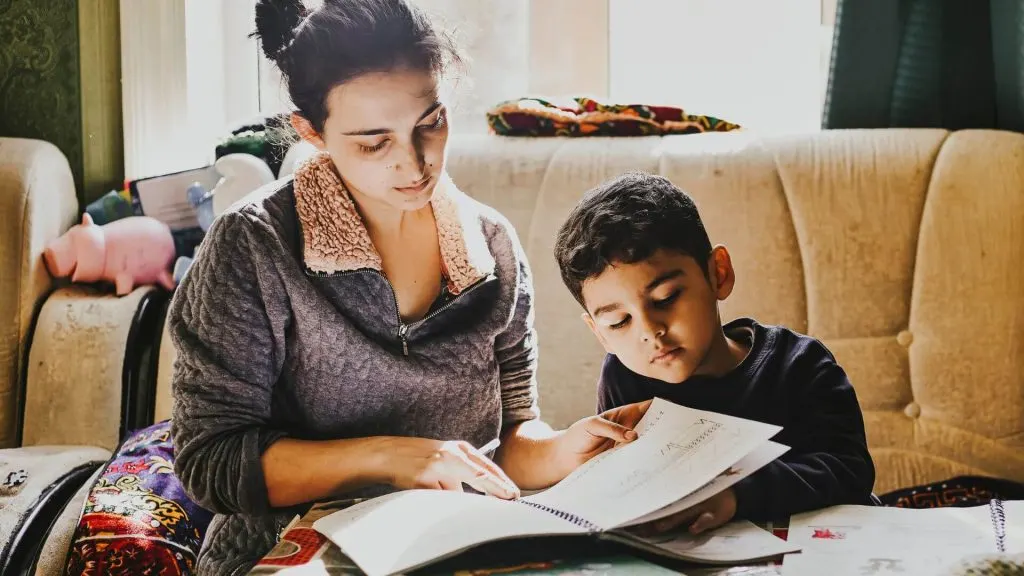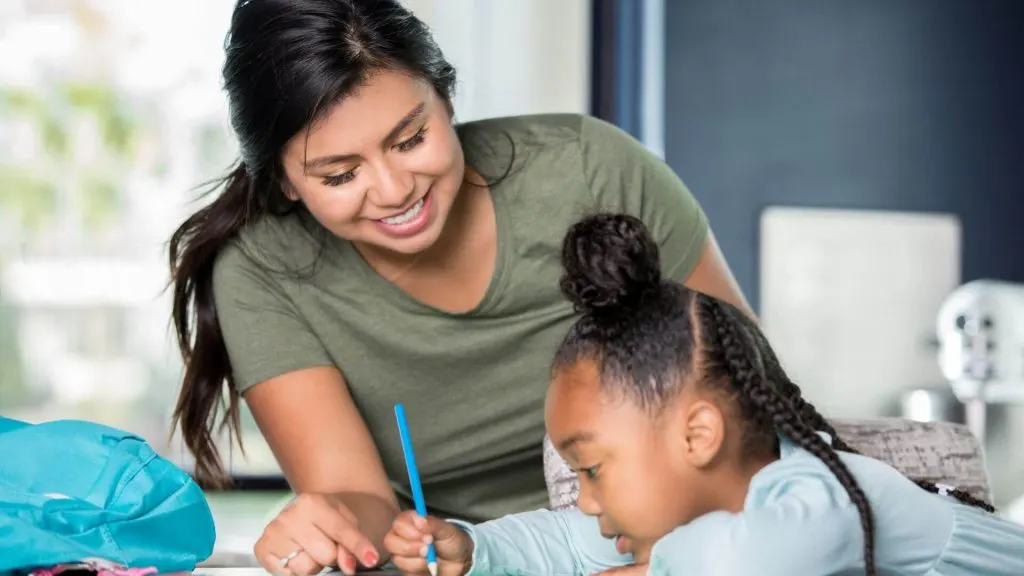Like you, your children will experience anxiety or worry about things, but their worry should be temporary and focused on major life changes. However, if your children remain in a state of anxiety, it can impact their sleep, thoughts, school and home and social life. Before you search for natural anxiety medication for teenagers, you should learn about symptoms and other ways you can help your children.
Tips for Helping Your Child with Anxiety

Signs That Your Child Has Anxiety
If you suspect your child is struggling with anxiety, you should observe them for common signs. First, evaluate their concentration level. They should be able to focus on one project for an extended period. Understand that their ability to concentrate depends on their age and what else is happening in their environments.
It would help if you also observed their eating habits. They may complain that they aren’t hungry, have a stomach ache, or don’t feel well. Your child may also be overly emotional. They may be clingy, temperamental, or cry often. You should watch for anger and other outbursts with little to no provocation.
Keep lines of communication open, and ask your child about their thoughts and feelings. Watch for tension and fidgeting. Pay attention to whether they use the bathroom often. Look for age-specific signs, such as anxiety in 6 year-old symptoms.
Causes of Anxiety
Children are especially sensitive to instability, such as moving frequently or changing schools, daycare, or schedules often. They may also experience school-related challenges, including bullying, test anxiety, or difficulty learning. Illness can cause anxiety as well.
As a parent, you can also stimulate anxiety through arguing or fighting with each other, where the children can hear it. If your children experience abuse and neglect or lose a close friend or relative, they may become anxious. Accidents, including car accidents or an injury, also cause unease.

Anxiety Treatments
Most often, anxiety is treated using counseling. Your child’s counselor may use cognitive behavioral therapy, which helps them change their thinking and behavior. It helps them learn to break down their anxiety instances and see them more positively. They also learn coping mechanisms. In addition, therapists try to turn their focus from the past to the present and future. They receive practical solutions for their daily lives.
Strategies for Parents
As a parent, you also have a role in your child’s treatment. First, pursue open communication. Listen closely to your children and validate their feelings. Teach them about real versus imagined threats, and use examples. Help them learn to share and reverse negative thoughts. Deep breathing exercises are also helpful.
Your children should know that they cannot outrun their fears. Instead, they need to face them. Eliminating anxiety is not the goal. Your children must know how to manage their anxiety and identify whether it is appropriate. However, please don’t allow your children to avoid things that make them uncomfortable.
Always be a good example for your children and talk them through things that make you uneasy. Then, help them focus on things that don’t make them anxious.
Your therapist may suggest an ADHD and anxiety medication combination. However, professional help and work at home can help them move to more natural alternatives.

Jessi is the creative mind behind The Coffee Mom, a popular blog that combines parenting advice, travel tips, and a love for all things Disney. As a trusted Disney influencer and passionate storyteller, Jessi’s authentic insights and relatable content resonate with readers worldwide.
